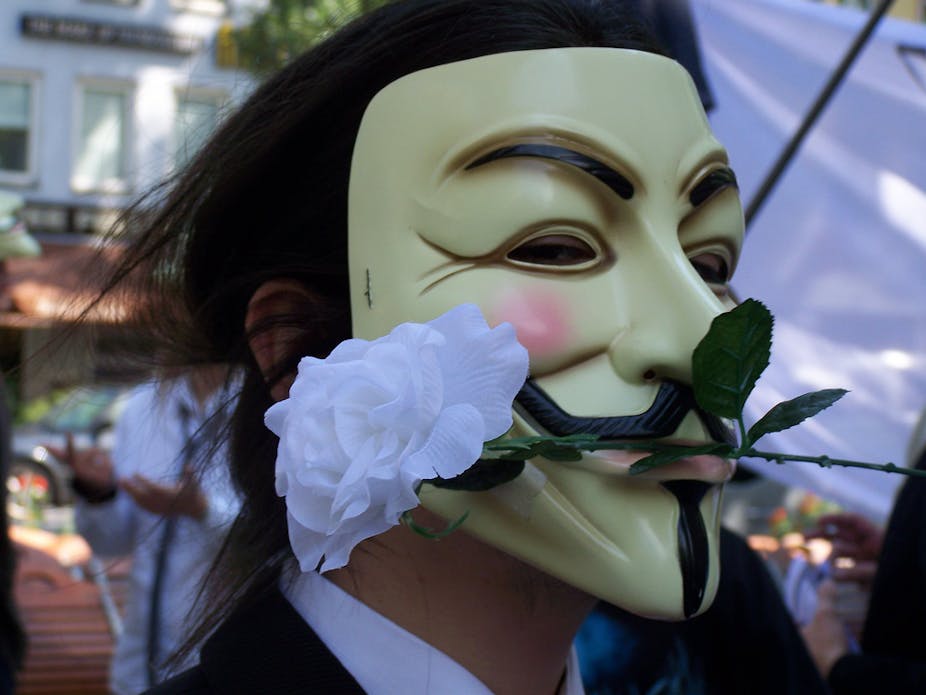As you’ll know by now, hacktivist group Anonymous has vandalised the home page of the Syrian Ministry of Defense, posting a message which started: “To the Syrian people: the world stands with you against the brutal regime of Bashar Al-Assad”.
The response from within Syria was swift, with the so-called “Syrian Electronic Army” retaliating by defacing Anonymous’s fledgling social network, Anon+.
So, was the backlash uncalled for?
Groups such as LulzSec and Anonymous have what many see as laudable goals.
They promote freedom, or at least they claim to. The real question in all this is: what constitutes freedom?
Though the political situation in Syria warrants attention, online vandalism is not the answer. If we look to the commercial sector the issue of freedom becomes all the clearer.
Corporations such as e-commerce giant PayPal – who themselves appear to be in the sights of LulzSec and Anonymous – are in business to make a profit. The service they provide to society is directed by this profit.
Simply put, the model in place is one of freedom. As much as we might want to rail against the corporate structure, PayPal represents freedom far more than groups such as LulzSec and Anonymous ever will.
PayPal provides a service. If you, as a customer, are not happy with that service, you have the freedom to find other ways to have this service fulfilled.
In making the decision to utilise the service (or not) you are making a choice – in effect, you are “voting” with your dollars.
This is freedom.
What groups such as LulzSec and Anonymous do is attempt to stop the average person having a choice at all. In engaging in a Distributed Denial of Service (DDoS) attack against a business, so-called hacktivists are not promoting freedom: they are using force to promote their views, and removing the choices other people would have made.
It’s one thing to attempt to convince people to change their view – but there are many ways of doing this. Some of the recent non-violent rallies against Walmart (in response to a sexual discrimination lawsuit) in the US are examples of one, non-dogmatic approach.
US Congressman Jim Langevin stated in May: “the vast majority of our critical assets are in private hands”.
I agree with this statement. The businesses and corporations that make our lives as good as they are form the foundations of our society.
Many attacks against large corporations by LulzSec and Anonymous have been direct attacks against our critical infrastructure. Where does it end?
As LulzSec and Anonymous grow, their goals and ideas grow in scope as well. At the moment they seem to be pursuing what can only be described as a “nebulous” freedom, but as they engage in attacking the ties that bind our societies, is this even what they’re doing?
Both groups promote their views through force and coercion yet say they want freedom.
Adolf Hitler expressed the same sentiment in 1926: “What we have to fight for is the freedom and independence of the fatherland, so that our people may be enabled to fulfil the mission assigned to it by the creator”.
Force and coercion do not create freedom – they only create fear, uncertainty and doubt.
At the end of it all, when hacktivists attack critical systems to force their views, we all suffer.

